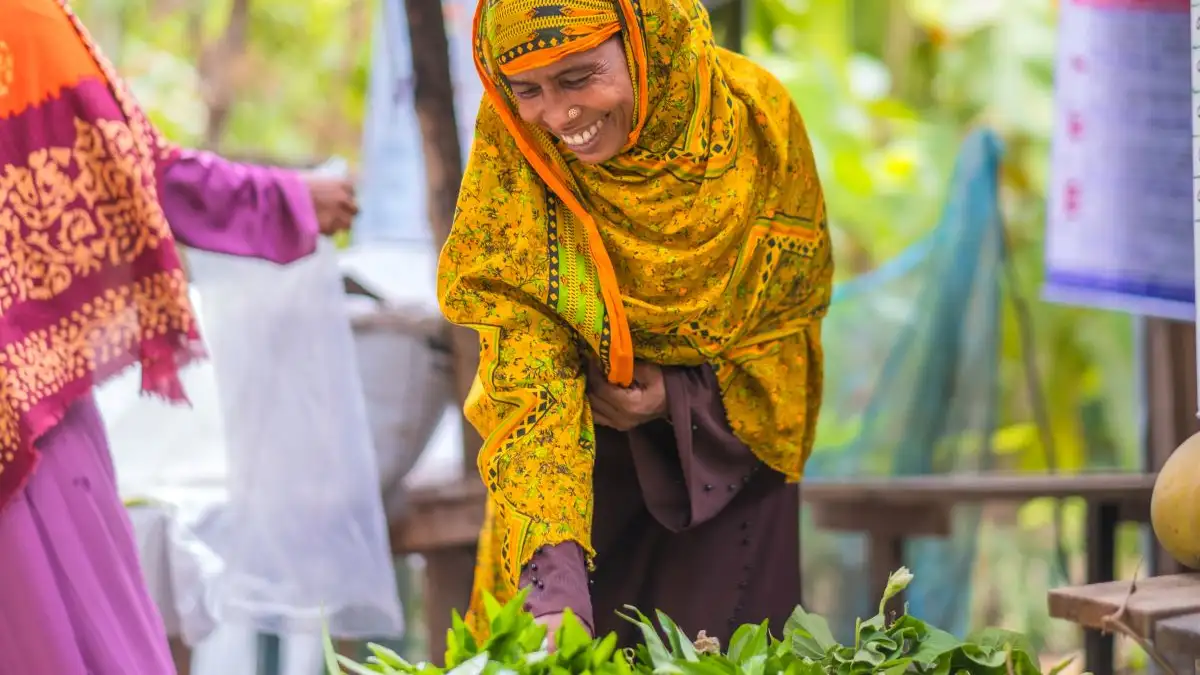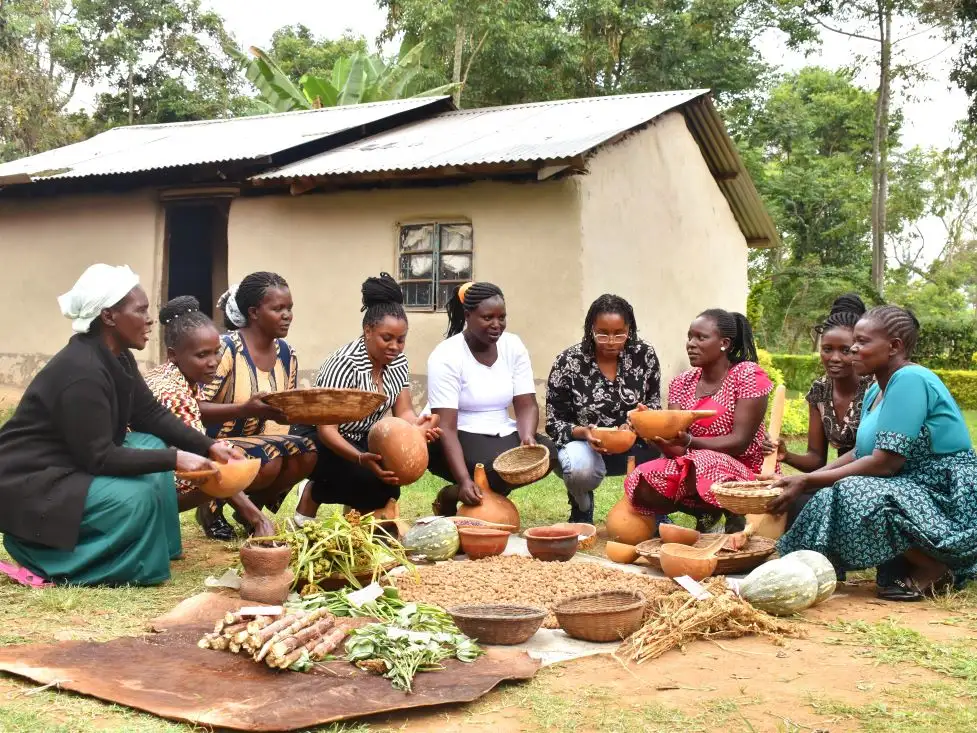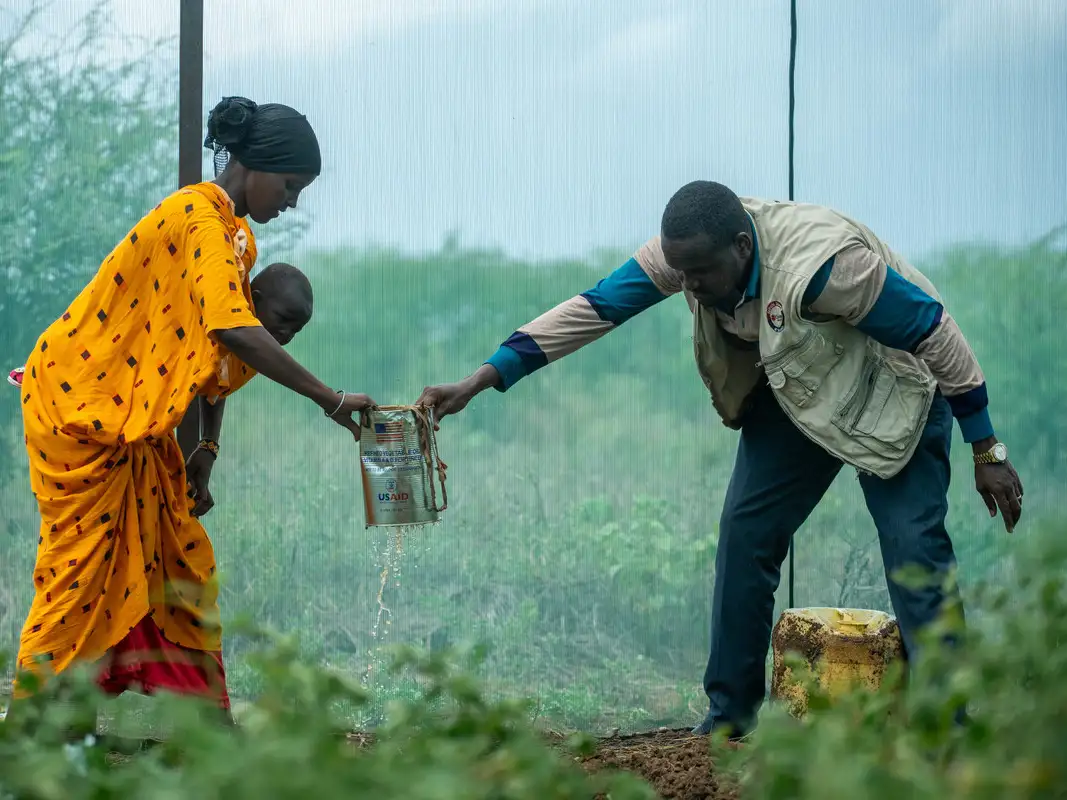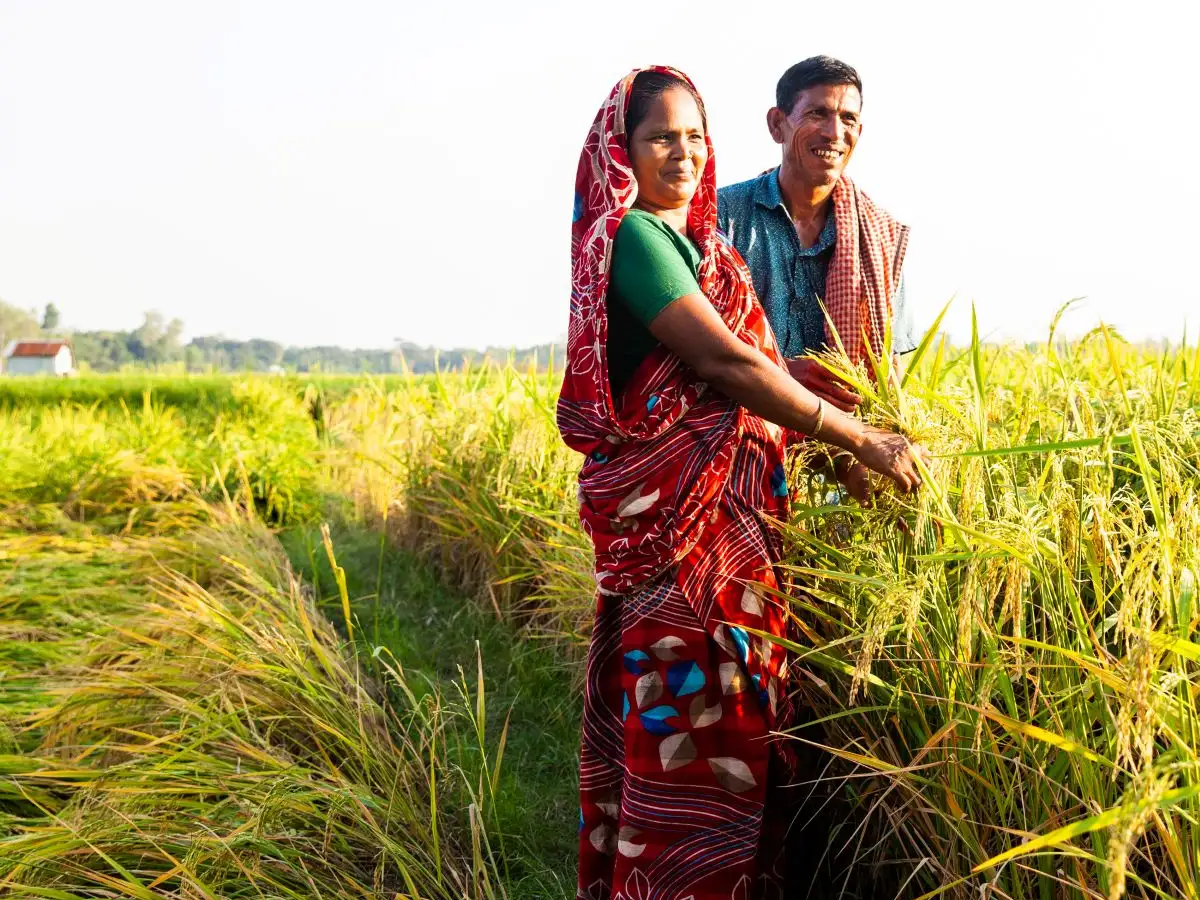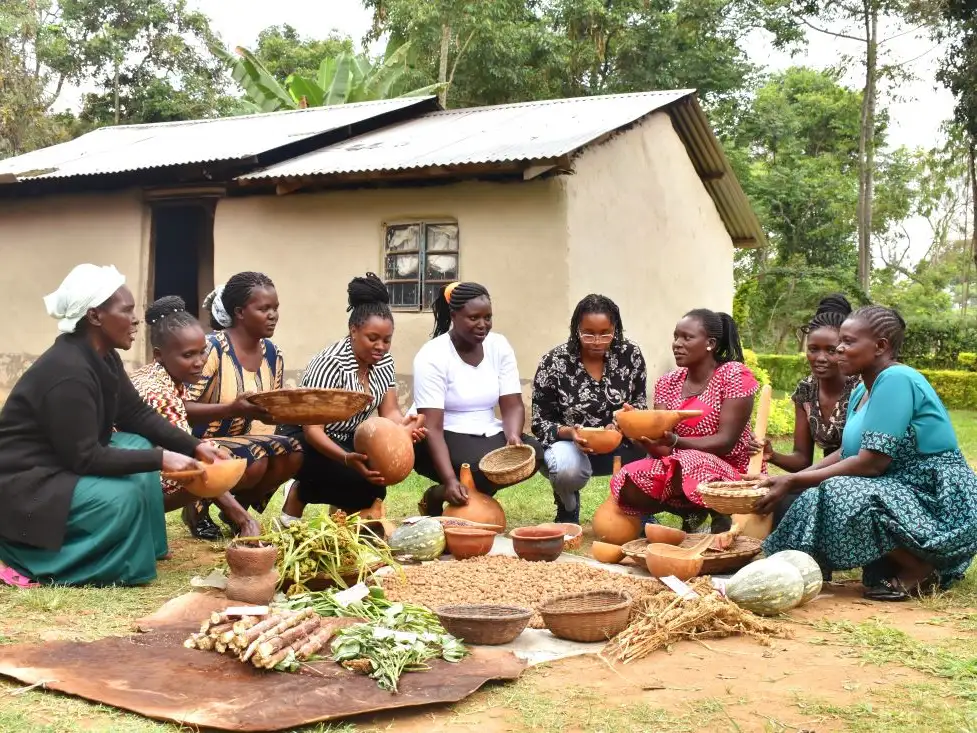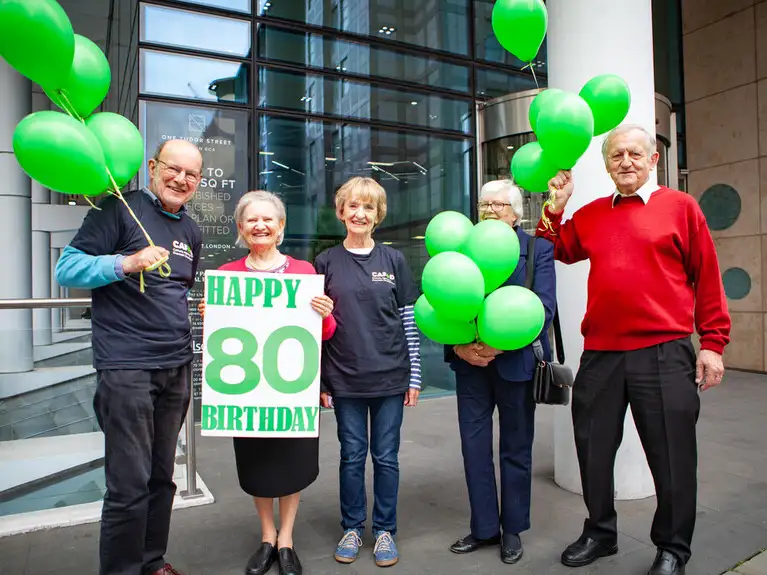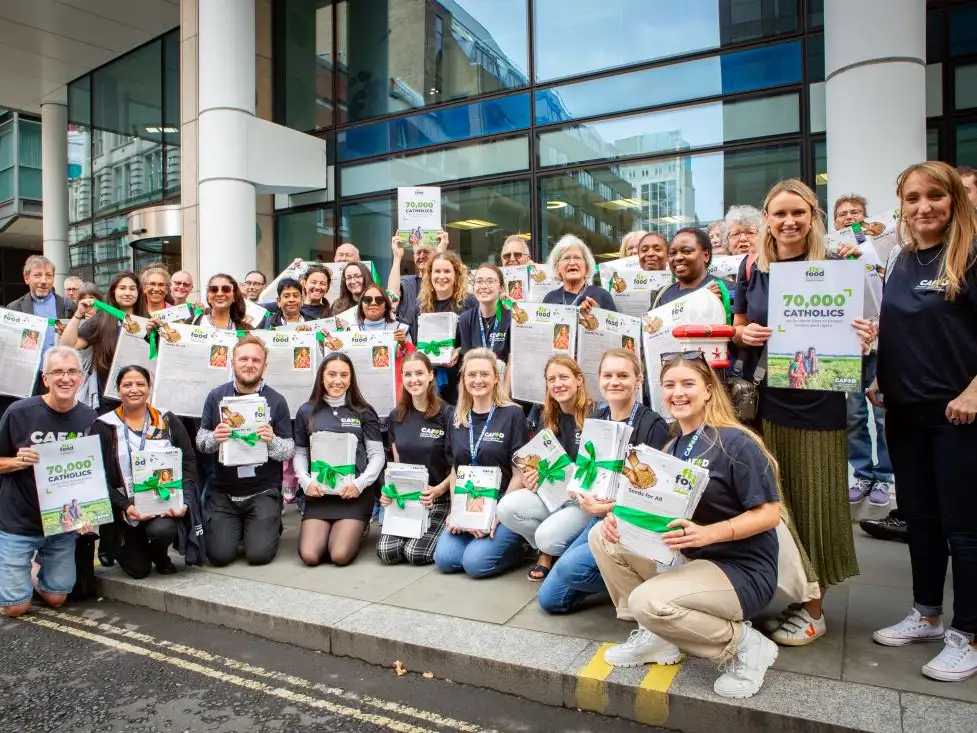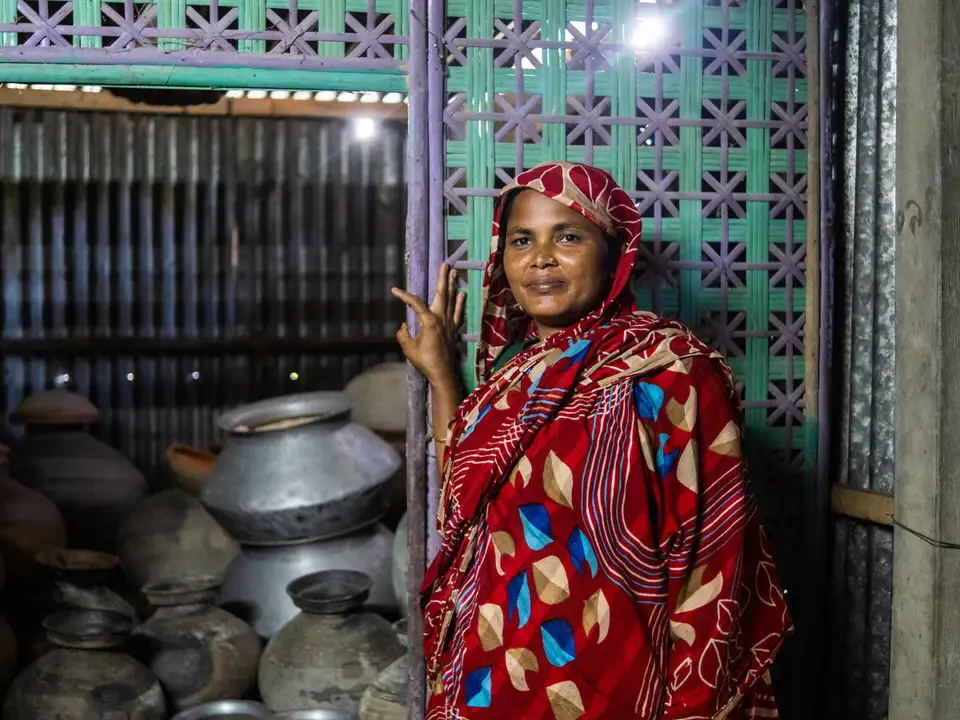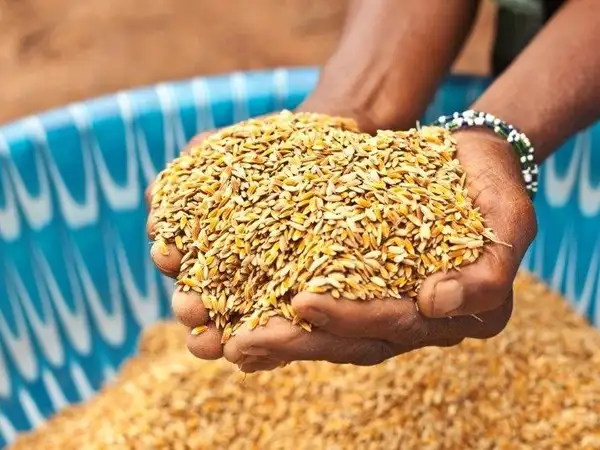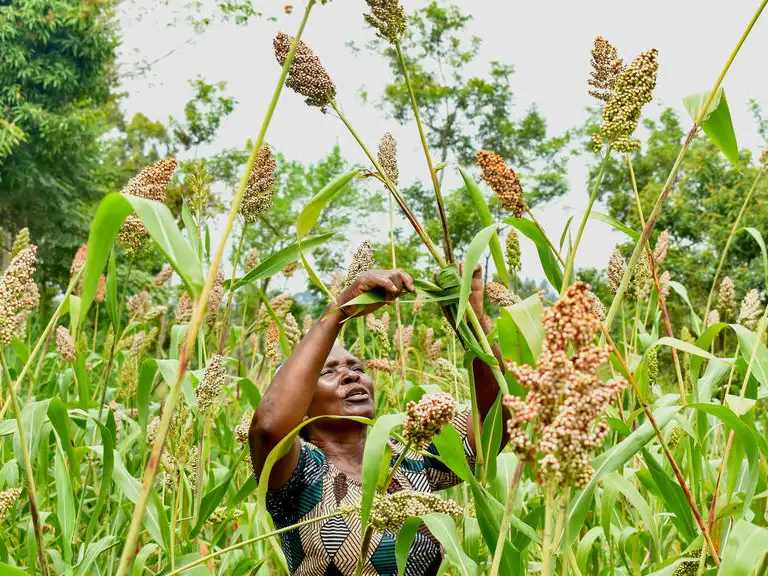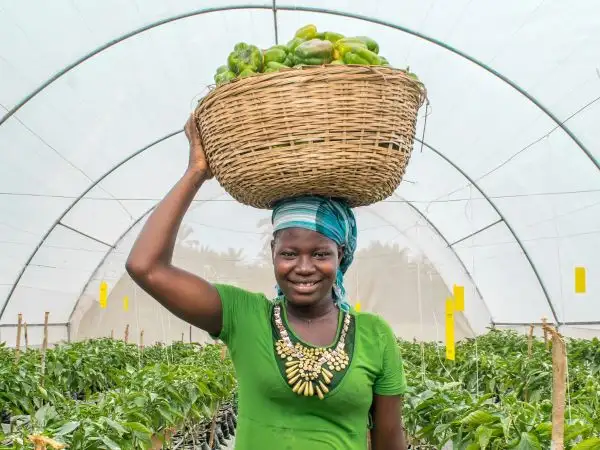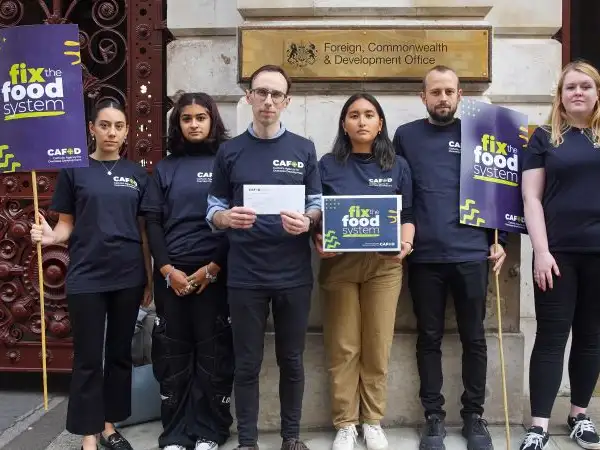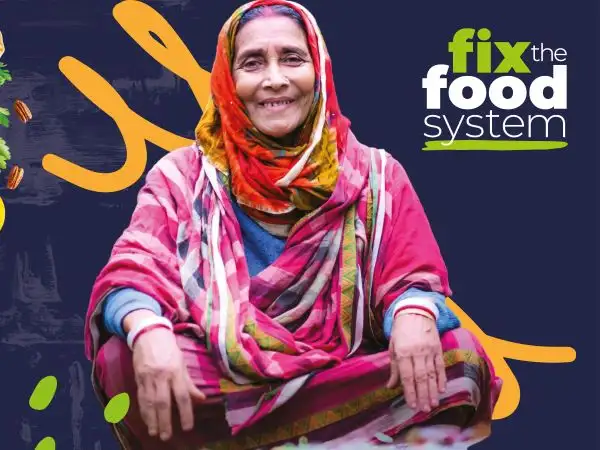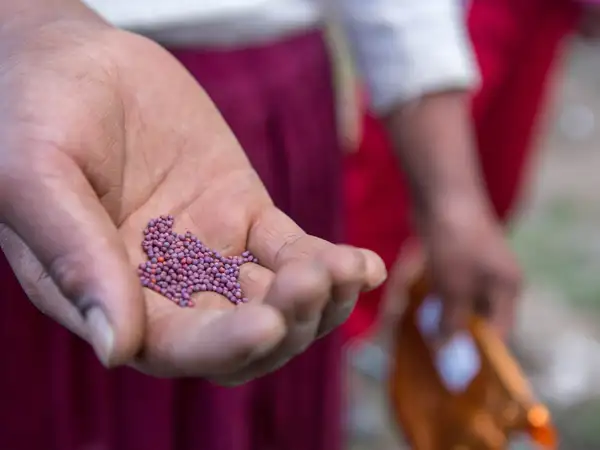CAFOD's food campaign is urging the World Bank to protect the right of farmers around the world to use their seeds.
Seeds are life. They are the very foundation for farmers to produce the food that feeds us all.
For generations, small-scale farmers have freely swapped and shared a wide variety of seeds to produce food and maintain biodiversity. More recently, farmers have also developed seeds that ensure crops are resilient to climate change. However, their right to choose what seeds they use is increasingly under threat as new laws are introduced across the world that limit what small farmers can do with their seeds.

It’s time for the World Bank to do better
Last year over 70,000 people in 763 parishes stood in solidarity with Salina, a small farmer from Bangladesh who is calling on the World Bank to protect farmers’ rights to freely access their own seeds.
Right now, the World Bank is not doing enough to support small farmers like her. On the contrary, it has been pushing for laws that are beneficial for big business selling commercial seeds at the price of reducing or even criminalising small farmers’ rights to freely access them.
Latest stories about our campaign
Our seeds need protecting
Small farmers’ seed rights are under threat .
These laws, which are being brought in with the support of global financial institutions such as the World Bank, overwhelmingly favour large agri-businesses. Instead of being able to choose their own seeds, small farmers must purchase commercial seeds – something that is good for big business profits but not so good for the farmers who grow the majority of the world’s food.
It’s clear that our current global food system is in crisis, and at the heart of this crisis is a struggle over control of the world’s seeds. Protecting the freedom of farmers to choose seeds is a right we must all stand up for if we are to tackle global hunger while responding to the cry of the earth and the poor.
Is there an alternative?
Yes! Seed sovereignty is the right for farmers to save, use, exchange and sell their own seeds. It is about farmers having the power to choose the seeds they plant, rather than that power belonging to corporations or international institutions.
Small farmers like Salina are using seeds banks to let them choose what crops are most appropriate for them. Her methods have allowed her to grow healthier, more sustainable food that provides for her family and goes for a higher price at her local market.
This organic system can flourish on a far grander scale, but it needs the UK government to use its voice at the World Bank to create a more sustainable and supportive environment for farmers that trusts their knowledge and empowers them.
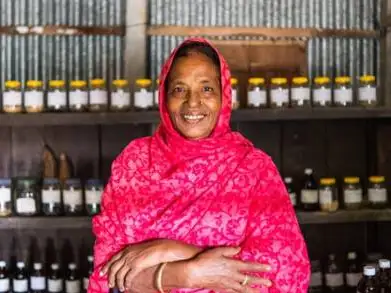
"I want farmers to preserve their seeds”
Anowera's story
“I really love being able to share with my neighbours because when I give seeds to a farmer, it gives me pleasure that they can then have their own seeds for the next season. They don’t have to go to the companies. That is my ultimate pleasure, that I help them being their own seed savers.
“I would love to ask the people that they can pray for us that we can keep our seeds in our own hands. Most of the farmers don’t have any seeds. They buy seeds from other companies. So they can have their own seeds in their own hands – they can have their own seeds banks. That is what I hope people from overseas can pray for us. And also, I would like them to pray for our children so that we can raise them up to be good people.”
What are the issues behind the campaign?
More ways to support our campaign
Pray with us for a fairer global food system where everyone has enough.


